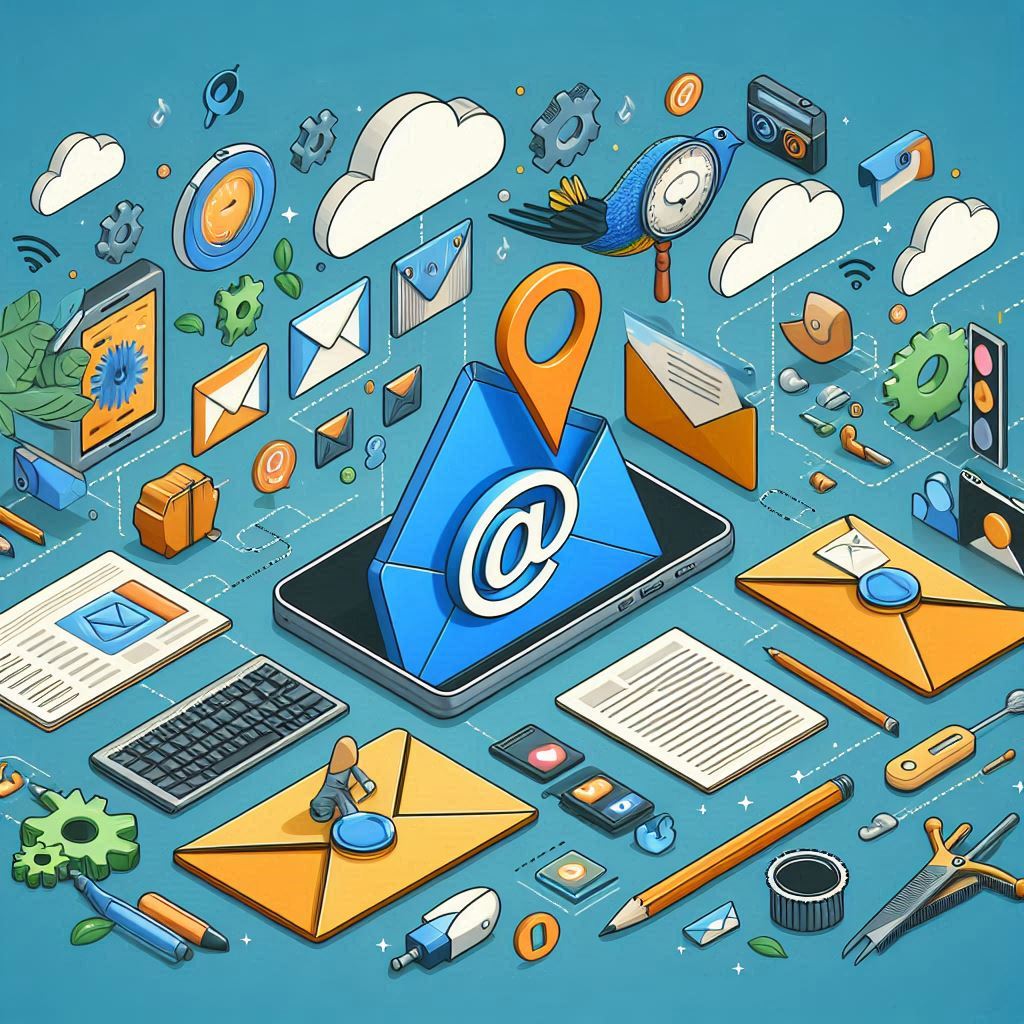
The Importance of Online Anonymity and How to Achieve It
Internet anonymity is becoming increasingly important in today's digital world. With the ability to track online activity and create a digital footprint, it's essential to take steps to protect your privacy. Whether you're concerned about fake email addresses, online tracking, or identity theft, achieving online anonymity is crucial. In this blog article, we'll explore the importance of online anonymity and provide tips on how to achieve it.
Understanding the Value of Online Anonymity
Internet anonymity is the practice of using various tools and techniques to remain anonymous while browsing the web. This can include using a virtual private network (VPN) to mask your IP address, creating a fake email address, and using encryption tools to protect your online communications.
One of the key reasons why online anonymity is important is to minimize your digital footprint. Every action you take online leaves a trace, and by remaining anonymous, you can reduce the amount of personal information that is accessible to others.
Key Points:
- Internet anonymity: Using tools such as VPNs and encryption to stay anonymous online
- Digital footprint: The trail of data left behind by your online activities
- Fake email: Creating an email address that is not tied to your real identity
Protecting Your Digital Identity: Tips and Strategies
As our digital footprints continue to expand, it's essential to prioritize the protection of our online identities. From utilizing strong, unique passwords for each online account to enabling two-factor authentication, there are various strategies individuals can employ to safeguard their digital presence.
Creating Strong Passwords
When creating passwords, it's crucial to use a combination of uppercase and lowercase letters, numbers, and special characters. Avoid using easily guessable information such as birthdates or common words.
Utilizing Two-Factor Authentication
Two-factor authentication adds an extra layer of security by requiring a secondary form of verification, such as a code sent to a mobile device, in addition to a password. This significantly reduces the risk of unauthorized access to online accounts.
Monitoring Your Digital Footprint
Regularly reviewing your online presence and monitoring for any signs of unauthorized activity can help identify and address potential security threats before they escalate.
Exploring the Ethics of Anonymity on the Internet
Anonymity on the internet has become a controversial topic, raising important ethical questions. The ability to hide one's identity online offers a sense of freedom, but it also brings about issues of accountability and responsibility. Privacy, freedom, and ethics are all crucial aspects to consider when discussing the implications of online anonymity. This article delves into the complexities of this subject, examining both the positive and negative aspects of anonymous online interactions.
The Role of Anonymity in Cybersecurity
In the realm of cybersecurity, anonymity plays a crucial role in ensuring the protection of sensitive information and privacy. By providing a layer of anonymity, individuals and organizations can safeguard their data from malicious hackers and cyber attacks. Anonymity also allows for secure communication and online transactions, mitigating the risk of identity theft and fraud. Additionally, it enables whistleblowers and activists to speak out without fear of retaliation. Overall, anonymity serves as a powerful tool in enhancing cybersecurity measures and protecting digital assets.
Benefits of Anonymity in Cybersecurity
- Protection of sensitive information
- Secure communication and transactions
- Facilitation of whistleblowing and activism
Best Practices for Safeguarding Your Online Privacy
Online privacy is a major concern in today’s digital world, but there are steps you can take to protect yourself. One of the best practices for safeguarding your online privacy is to use strong, unique passwords for each of your accounts. Additionally, enabling two-factor authentication can add an extra layer of security. Another important practice is to regularly update your software and enable automatic updates whenever possible to keep your devices and apps secure.
Strong Passwords
Using strong, unique passwords for each of your accounts can greatly reduce your risk of being hacked. Consider using a password manager to generate and store complex passwords for you.
Two-Factor Authentication
Enabling two-factor authentication adds an extra layer of security by requiring a second form of verification, such as a code sent to your phone, in addition to your password.
Regular Software Updates
Keeping your devices and apps updated with the latest security patches can help protect you from known vulnerabilities that hackers may try to exploit.
 App Store
App Store Google Play
Google Play

